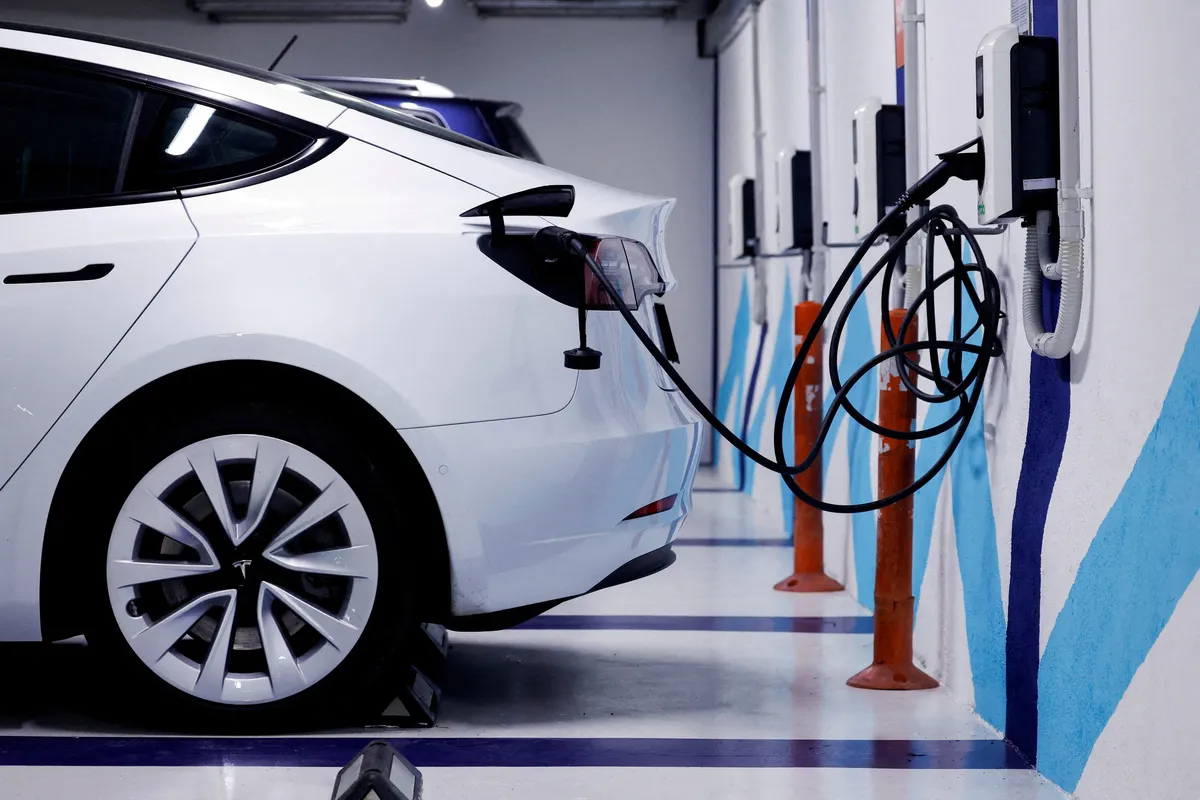Riyadh, the capital city of Saudi Arabia, has set its sights on a multi-billion-dollar dream – the widespread adoption of electric vehicles (EVs). In recent years, the kingdom has been making significant strides towards this ambitious goal. This article delves into the current state of Riyadh’s EV initiatives, the challenges it faces, potential solutions, and a global perspective on similar challenges.
Current State of Riyadh’s EV Initiatives
One of the key pillars of Riyadh’s EV dream is the development of a robust infrastructure. The city has been investing heavily in charging stations, battery-swapping facilities, and smart grids to support the growing fleet of electric vehicles.
To encourage both consumers and businesses to embrace EVs, the government has introduced favorable policies and incentives. These include tax breaks, subsidies, and reduced registration fees for electric vehicles.
Riyadh has forged partnerships with leading global EV manufacturers to establish production facilities and research centers within the city. This collaboration aims to boost local production and technological advancements.
Efforts to increase public awareness about the benefits of EVs have been underway. However, adoption rates still face challenges, with some segments of the population hesitant to make the switch due to various reasons.
Challenges Faced by Riyadh’s EV Dream
Despite progress, Riyadh faces technical challenges in ensuring a seamless and efficient EV infrastructure. Issues like charging speed, network reliability, and compatibility need to be addressed for a successful transition.
The shift to EVs has economic ramifications, particularly in a region heavily reliant on oil revenues. It must carefully navigate the economic transition to minimize potential disruptions to the local economy.

While EVs contribute to a cleaner environment, the production and disposal of batteries pose environmental challenges. It must adopt sustainable practices to mitigate the environmental impact of its EV initiatives.
Saudi Arabia’s economy has long been driven by oil. The transition to EVs poses a challenge as it directly impacts the oil industry. Balancing these conflicting interests requires strategic planning and careful consideration.
Potential Solutions and Innovations
Continuous investment in research and development is crucial to overcome technical challenges. It should explore cutting-edge technologies to enhance the efficiency and reliability of its EV infrastructure.
To ease the economic transition, It can implement comprehensive strategies for diversification. This includes supporting new industries, job creation, and investments in emerging technologies.
Implementing recycling programs for batteries and adopting eco-friendly manufacturing practices can address environmental concerns. It should prioritize sustainability in all facets of its EV initiatives.
The government, private enterprises, and the public must collaborate closely to ensure the success of Riyadh’s EV dream. Public-private partnerships can drive innovation, share resources, and accelerate progress.
Global Perspectives on EV Challenges
Studying the experiences of cities and countries that have successfully navigated EV transitions can provide Riyadh valuable insights. Learning from both successes and challenges can inform strategic decision-making.
It should actively engage in international collaborations to benefit from shared knowledge and experiences. Building partnerships with global entities can accelerate its progress in the EV space.
The Road Ahead for Riyadh
Riyadh’s vision for a sustainable future includes ambitious plans for the continued expansion of its EV initiatives. Strategic planning and adaptive strategies will be crucial in achieving these goals.
To address hesitancy and skepticism, it should continue and enhance public awareness campaigns. Education on the benefits of EVs and dispelling myths can contribute to increased adoption rates.
Seeking expertise from established EV markets can fast-track Riyadh’s progress. Collaborating with international partners can provide valuable guidance on overcoming challenges and implementing best practices.
Conclusion
Riyadh’s multi-billion EV dream is at a critical juncture. While challenges exist, potential solutions, global perspectives, and a clear roadmap for the future offer optimism. It must balance economic, technical, and environmental considerations to ensure a successful transition to an electric future.
Frequently Asked Questions
1. Are there any incentives for individuals to switch to electric vehicles in Riyadh?
Yes, the government offers tax breaks, subsidies, and reduced registration fees for electric vehicles to encourage adoption.
2. How is it addressing the environmental impact of EVs, particularly concerning battery disposal?
It is exploring sustainable practices, including recycling programs for batteries and eco-friendly manufacturing processes, to mitigate environmental concerns.
3. What role do international collaborations play in Riyadh’s EV initiatives?
International collaborations provide Riyadh with valuable knowledge and expertise, helping accelerate the city’s progress in the electric vehicle space.
4. How does Riyadh plan to balance the economic transition to EVs without disrupting the oil-driven economy?
It aims to implement comprehensive economic strategies, including diversification, job creation, and investments in emerging technologies, to minimize disruptions.
5. What steps is Riyadh taking to ensure the efficiency and reliability of its EV infrastructure?
Continuous investment in research and development, exploring cutting-edge technologies, and fostering collaborations between public and private sectors are key steps taken by Riyadh.
Read More: Biden’s EV Rule